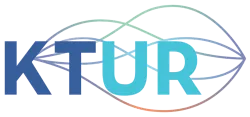
A key objective of the KTUR² project is to improve access to financing for early-stage innovation in the Upper Rhine by mapping existing funding instruments, identifying on-the-ground needs, and building sustainable, cross-border networks.
Prof. Dr. Dennis Steininger (Chair of Entrepreneurship, RPTU) and Dr. Alessandro Mazzetti (Head of Innovation & Entrepreneurship and Deputy Managing Director, Innovation Office, University of Basel), members of Work Package 4 dedicated to financing and innovation networks, share their insights on the region’s challenges, good practices, and the path toward a future trinational innovation fund.
Question 1. Mapping what already exists
How do you approach the diversity of funding instruments in such a complex, cross-border region?
Dennis:
« We have now finished the mapping for all three countries. A wide mix of instruments shows up: public grants, regional programmes, private venture capital pools, etc. France’s funding landscape is highly centralised, whereas Germany is fragmented into many small, sometimes competing hubs. The biggest barrier is access: warm introductions are still needed to get past the information asymmetry. »
Alessandro:
« Fragmentation and strong asymmetries (e.g. public funding in FR/DE vs. private funding in CH) are indeed very evident, and create a gap that is much less present in non-cross-boundary ecosystems (e.g. Silicon Valley in the US, Golden Triangle in the UK). »
Question 2. Identifying needs and good practices
How do you gather input from stakeholders and identify what’s truly needed on the ground?
Dennis:
« We have conducted several interviews with key actors from the KTUR ecosystem: funders, innovators and university researchers. Best practice examples are mentioned only sporadically; recurring pain points are tax and legal differences, lack of cross-border networks and entry barriers. The clear demand is for structured networks that can deliver real contacts and hands-on support. »
Question 3. Creating targeted networks
You’ve planned to set up three trinational networks focused on different funding types. What progress has been made so far?
Dennis:
« The three trinational networks — venture capital, public funding and open innovation — are still being assembled. The majority of interested people are investors. We are planning regular meetings to exchange best practices, validate needs and involve partners such as banks, business angels, research institutes and regional development agencies. »
Alessandro:
« We started planning and we have some ideas we believe can be quite interesting. We wish to implement exchange formats where similar stakeholders can interact with each other, creating synergies, but also where silos can be broken and different types of stakeholders will be able to talk to each other – to possibly find out how to complement each other. »
Question 4. Designing concrete matchmaking formats
A trinational investor speed-dating event has already been organized and will take place again. Can you tell us more about it?
Dennis:
« Our trinational investor speed dating aims to link innovative ideas with the right capital and enable cross-border deals. Preparation is complete: many startups applied, and a few will even be postponed to the next round because of oversubscription. At present the event is sector agnostic; future editions will potentially feature industry-specific tracks. »
Question 5. Toward a cross-border innovation fund
You’re working on a roadmap for setting up a trinational innovation fund. What’s the vision behind it?
Dennis:
« The roadmap for a trinational innovation fund is taking shape. Initial analyses confirm a strong need, but the exact model will be refined within the networks and the work package. »
Alessandro:
« The landscape of knowledge and technology transfer is shifting, and the methodologies are changing – and startup creation is becoming the vehicle for this. In the Upper Rhine, similarly to the general continental Europe situation, there is a strong gap in early-stage funding to translate scientific discoveries from the lab to the market, and a trinational fund, regardless of the model, would bring the Upper Rhine to the level of the global best. »

